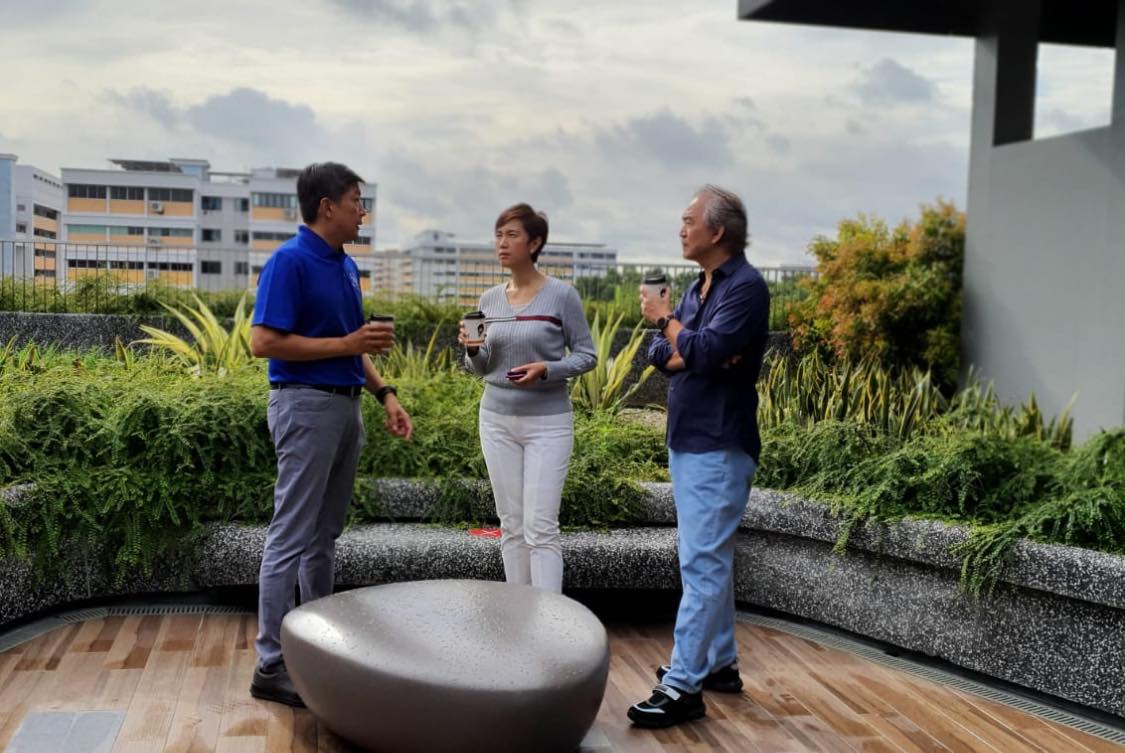Fill Me In
On 11 October, Minister for Manpower Josephine Teo and secretary-general of the National Trades Union Congress (NTUC) Ng Chee Meng announced that a new task force would be formed to study how to raise the wages of low-income workers and push productivity growth.
Known as the Tripartite Workgroup on Lower Wage Workers, the task force will work on expanding the progressive wage model (PWM), and partner with companies to raise productivity, thereby achieving a “win-win for employers and workers”, according to Ng’s Facebook post. This will be done by pushing for the development of mandatory PWMs in more sectors.
“We want to expand PWM to cover more workers while protecting their employability. Their families depend on them, and we must not take this concern lightly or treat it academically,” said Teo in her Facebook post, adding the availability and nature of work is going through deep change at all levels.
The taskforce will also allow for the study of other approaches towards raising the wages and well-being of lower income workers, such as through sectoral or occupational wage benchmarks for sectors where it is more difficult to implement the PWM.
What is the PWM?
According to the Ministry of Manpower (MOM), the PWM was developed to “uplift low-wage workers in the cleaning, security and landscape sectors”.
It benefits workers by mapping out a clear career pathway for their wages to rise along with training and improvements in productivity and standards. It now covers around 80,000 workers in the cleaning, security and landscaping sectors.
Why is there a need for the Tripartite Workgroup on Lower Wage Workers?
According to Ng’s post, he said that the formation of the task force came about as the result of a meeting with Mrs Teo and the president of Singapore National Employers Federation Robert Yap.
Teo also mentioned that Deputy Prime Minister Heng Swee Keat also recently shared his belief that a tripartite workgroup looking into the welfare of lower-wage workers would be especially beneficial, given the economic impact of COVID-19.
Having a tripartite workgroup will enable key stakeholders to examine issues holistically, so as to find the best solution for Singapore’s workers and businesses.
Although she noted that it may take a while for a consensus to form, she re-emphasised the need to ensure that “[Singapore’s] lower-wage workers… can emerge stronger from the crisis brought about by COVID-19.”
Join the conversations on THG’s Facebook and Instagram, and get the latest updates via Telegram.




























